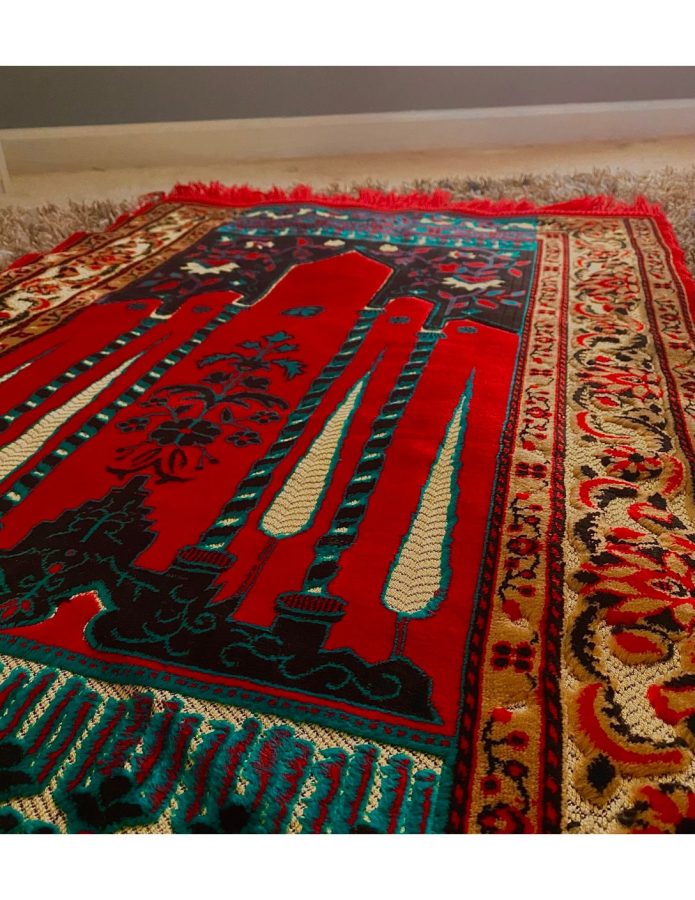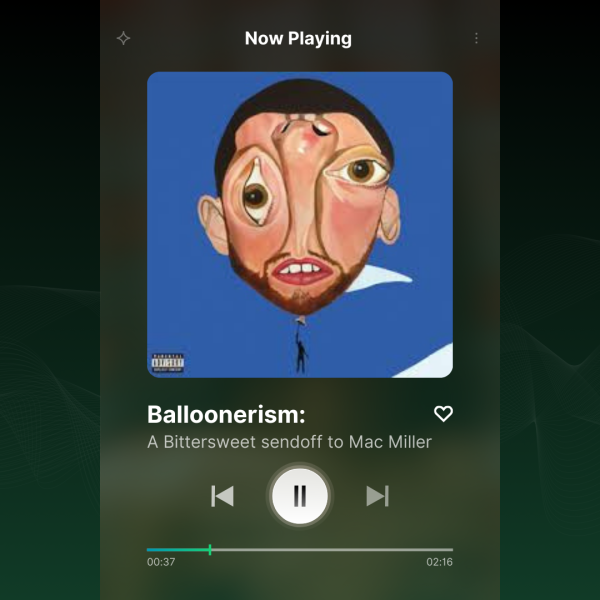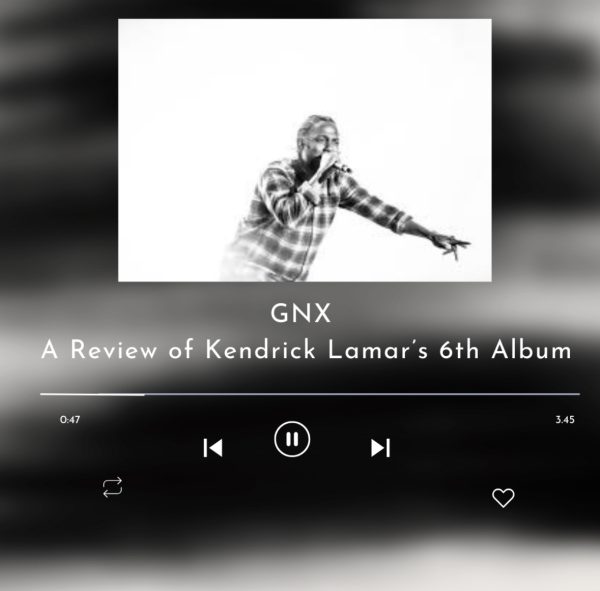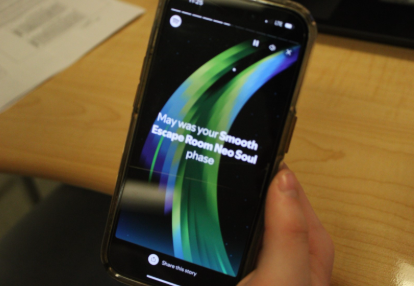‘Not Even Water?’ – Ramadan Explained
As Ismael Ibn Musa Menk says, “Let’s start Ramadan off with a BANG!”
Ramadan is the Islamic month of strengthening your faith and connection with Allah SWT
(Subhanahu wa ta’ala, meaning “The most glorified, the most high”) while also performing one of the Five Pillars of Islam. During the month of Ramadan, Muslims fast from sun-up till sundown for 30 days every year, depending on the Islamic Lunar Calendar. Fasting during Ramadan means that you cannot eat food nor drink water until a specific time when the sun sets. Muslims greet each other during this month by saying “Ramadan Mubarak!” which means “Blessed Ramadan,” or “Ramadan Kareem!” which means “Generous Ramadan.”
Why We Fast:
As stated before, Muslims fast for the strengthening of their spiritual connection with their religion and God. During this month, they gain discipline and empathy for those who are less fortunate. They also give Zakat (charity) to the less fortunate previously mentioned. This month contributes to gaining better habits and breaking bad ones. They utilize this time to gain good deeds in effort to outweigh their sins.
Even though it is a pillar of Islam, there are some exemptions. For example pregnancy, menstruation, illness (if one is obligated to take medicine), old age, and children who have not yet reached puberty. However, fasts missed due to pregnancy, menstruation, and mild illnesses have to be made up once Ramadan is over. If someone misses a day of fasting due to an unexcused reason, they have the choice of either fasting for 60 consecutive days once Ramadan ends or feeding 60 poor people.
Common Misconceptions:
With Ramadan being a very public month, it receives a lot of stereotypes and criticism.
One of which is that fasting brings damage to the body. This stereotype arrives every Ramadan, with people saying that fasting causes issues such as eating disorders. This theory is not scientifically supported because fasting has many health benefits. Fasting helps control blood sugar, reduce insulin resistance, and can increase growth hormones.
Another misconception is that Muslim children/teens are forced into fasting. Although some parents can be strict about religious obligations, it’s not necessary to generalize all Muslim parents, as it isn’t the case for most families. Most children want to fast along with their parents and older siblings to feel more included. Some parents give their younger children an option to fast for as long as they can, and then break their fast when they want. They also allow them to fast with water as the lack of water is usually the most difficult part of the fast. This allows younger children to have fun and feel included but also stay safe.
A very common misconception is that Muslims are not able to eat at all for thirty days straight. Fasting only lasts for about 16 hours, meaning we don’t go for the whole month and can eat once the Adhan (call to prayer) goes off at sundown.
To stay full during their fast, Muslims wake up right before dawn to eat a meal right before the morning prayer Fajr. This early morning meal is called suhoor and it prevents Muslims from feeling hungry throughout the day.
Prophet Muhammad SAW (Sallallahu Alaihi Wasallam meaning “May Allah’s peace and blessings be upon him”) created a sunnah for all Muslims, encouraging us to break our fast at Iftar with a date. If one cannot obtain dates, he says to drink water, “for water is purifying.” Fasting isn’t just limited to food; Muslims also cannot drink water throughout the fast.
Prayers during Ramadan:
A huge part of Islamic faith, especially during Ramadan, is praying and completing your salah, which is one of the five pillars of the faith. Salah is your five daily prayers. These are Fajr, Dhuhr, Asr, Maghrib, and Isha, which all occur at different times of the day. The ones used to determine fasting are Fajr and Maghrib. Fajr is the prayer done at sunrise and is when we begin our fast. Maghrib is the prayer at sunset and is when we break our fast.
There are two types of prayers titled Fard and Sunnah. Fard means that the prayer is mandatory to do at that time and Sunnah are ones done as the way of the Prophet Muhammad (Peace Be Upon Him). At the end of Ramadan, an Eid prayer is done at a specific time. For the whole month of Ramadan, Muslims get together in a group or at a masjid and do a prayer called taraweeh after Isha. Every night of praying taraweeh, one part of the Quran (the Islamic holy book) is recited until it is completed. Although it is a very spiritual experience, it is not a prayer that is required but is instead a sunnah.
How to support:
Muslim students and staff will be fasting from April 2nd to May 2nd. During this time, you can begin to support them by educating yourself about the month. Knowing a bit about the month can help stop you from saying something that may be accidentally offensive. Avoiding talk about food or eating near them could prove helpful as well.
So, for everybody still wondering…
No. Not even water.
Your donation will support the student journalists of Patriot High School. Your contribution will allow us to purchase equipment and cover our annual website hosting costs.







